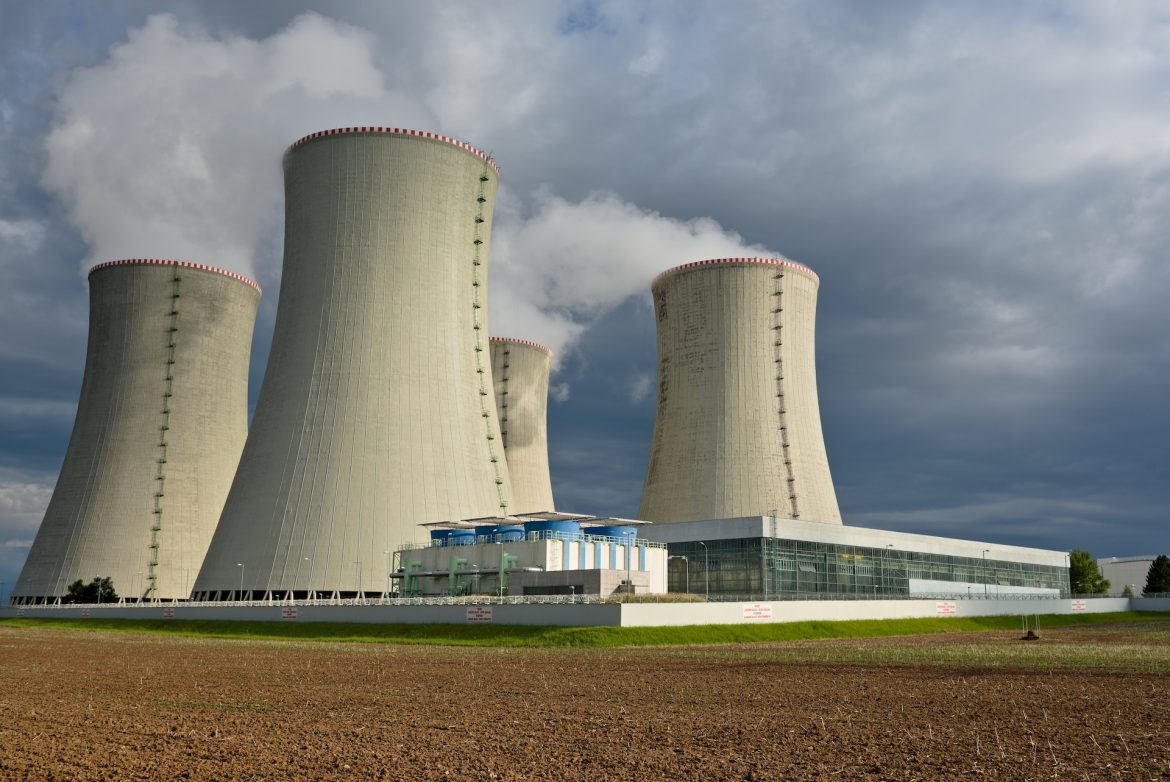The US is eyeing a role for its nuclear technology in Africa’s energy transition, saying small modular reactors (SMRs) can help the continent reduce its carbon footprint and boost its electricity supply. SMRs are mini versions of conventional nuclear power plants that can be mass-produced and installed in various locations. They are a promising option for remote areas lacking reliable grid connections or adequate infrastructure.
According to the US Department of Energy, SMRs can provide clean, resilient, and affordable energy to African countries that face growing energy demand and climate challenges. The US is currently discussing cooperation with Kenya and Ghana on SMR development and exploring opportunities with other African nations.
SMRs are not a new concept, but they have gained more attention in recent years as the technology advances and the costs decline. Several countries, including China, Russia, and Canada, have developed or deployed SMRs for domestic or export markets. The International Atomic Energy Agency (IAEA) estimates about 50 SMR designs worldwide, with some expected operational by 2023.
However, SMRs face challenges and uncertainties, such as regulatory hurdles, public acceptance, security risks, and waste management. Some experts and activists have also questioned the economic viability and environmental impact of SMRs, especially in comparison with renewable energy sources.
The US argues that SMRs can complement renewables by providing flexible and reliable baseload power that can balance the intermittency of solar and wind. It also claims that SMRs have enhanced safety features and lower water consumption than traditional nuclear plants. Moreover, the US says that SMRs can support various applications beyond electricity generation, such as desalination, hydrogen production, and industrial heating.
The US hopes that its SMR initiative will help Africa achieve its energy and climate goals and strengthen its strategic partnership with the continent. The US faces competition from other global players, such as Russia and China, expanding their nuclear presence and influence in Africa. By offering its SMR technology and expertise, the US aims to promote its regional values and standards.
The US also sees SMRs as a potential source of job creation and economic growth for itself and Africa. The US Department of Energy estimates that the global SMR market could be worth $150 billion by 2030, creating thousands of high-skilled jobs. For African countries, SMRs could provide an opportunity to diversify their energy mix, improve their energy security, and foster their industrial development.
SMRs are still an emerging technology that requires further research and demonstration before being widely deployed. However, the US believes that SMRs have a bright future in Africa and beyond, as they offer a clean and innovative solution to the world’s energy challenges.
Source: Bloomberg



